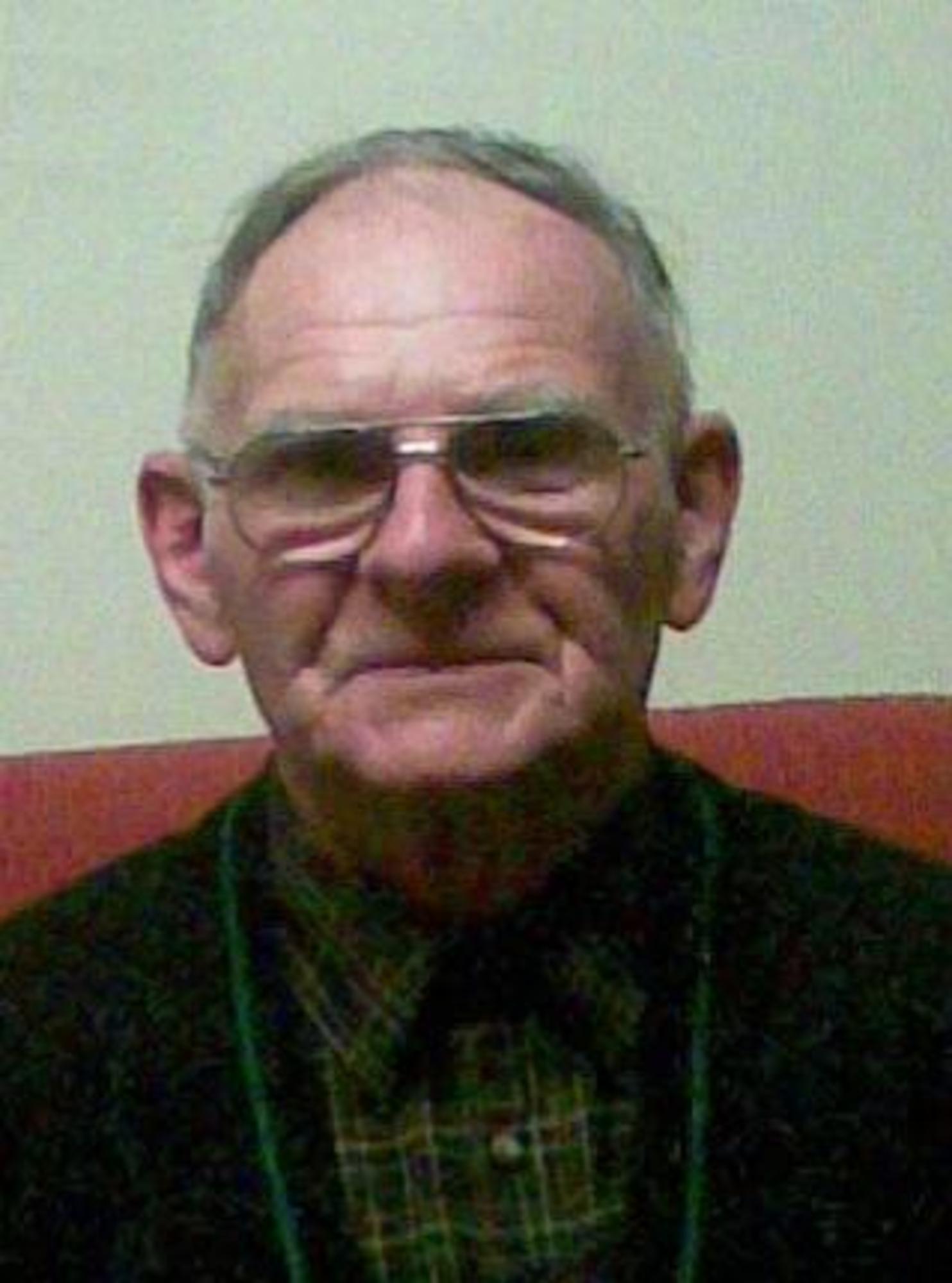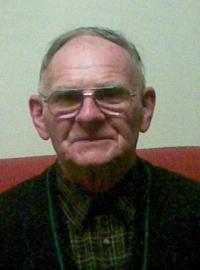We were still hoping that the border line location would be the same as it had been in 1939

Stáhnout obrázek
He was born in 1933 in Krasiejów in the Opole region which was a part of Germany at the time. His family had been living that area for generations. His grandfather was a train station master next to Głuchołazy. His father - Bernard Materne (born in 1898) came from Ciasna, a place next to Lubliniec, and his mother - Matylda (her maiden name was Pilawa, she was born in 1899) came from Nowa Schodnia, situated next to Ozimek. Bernard Materne had five siblings. During the First World War his father served in the German army in France and in Verdun he was taken captive by the Frenchs. Since 1928 his parents had had a family business: his father had been selling building materials and producing shingle to cover roofs (he completed the relevant education to do it - he had a title of Holz Fachmann), and his mother - household supplies. The shop was shut down in 1942 when his father served in Luftwaffe. He did not participate directly in the fights - as a non-commissioned officer he was a member of the staff which observed the movements of the enemy‘s air force and warned against the possible bombings. He was based in Lwów, Rzeszów and Kraków. When the front line passed through on the 8th of May 1945, he was in Wałbrzych, where his unit had backed out. In order to get back to Krasiejów, he had to cross Czecho-Slovakia. After 1945 he was trying hard to continue running his store but the state burdened him with too high taxes so in 1950 he had to close the shop. In 1953 Bernard Materne has passed his high school final exams („matura“). Afterwards he was commissioned to serve in the army for 27 months. He served by working in a coal mine in Zabrze. After having completed his military service, in 1956 he took a job in the financial department in the foundry „Małapanew“ in Ozimek. In 1998 the retired early but he still was running his own business as a tax advisor.
